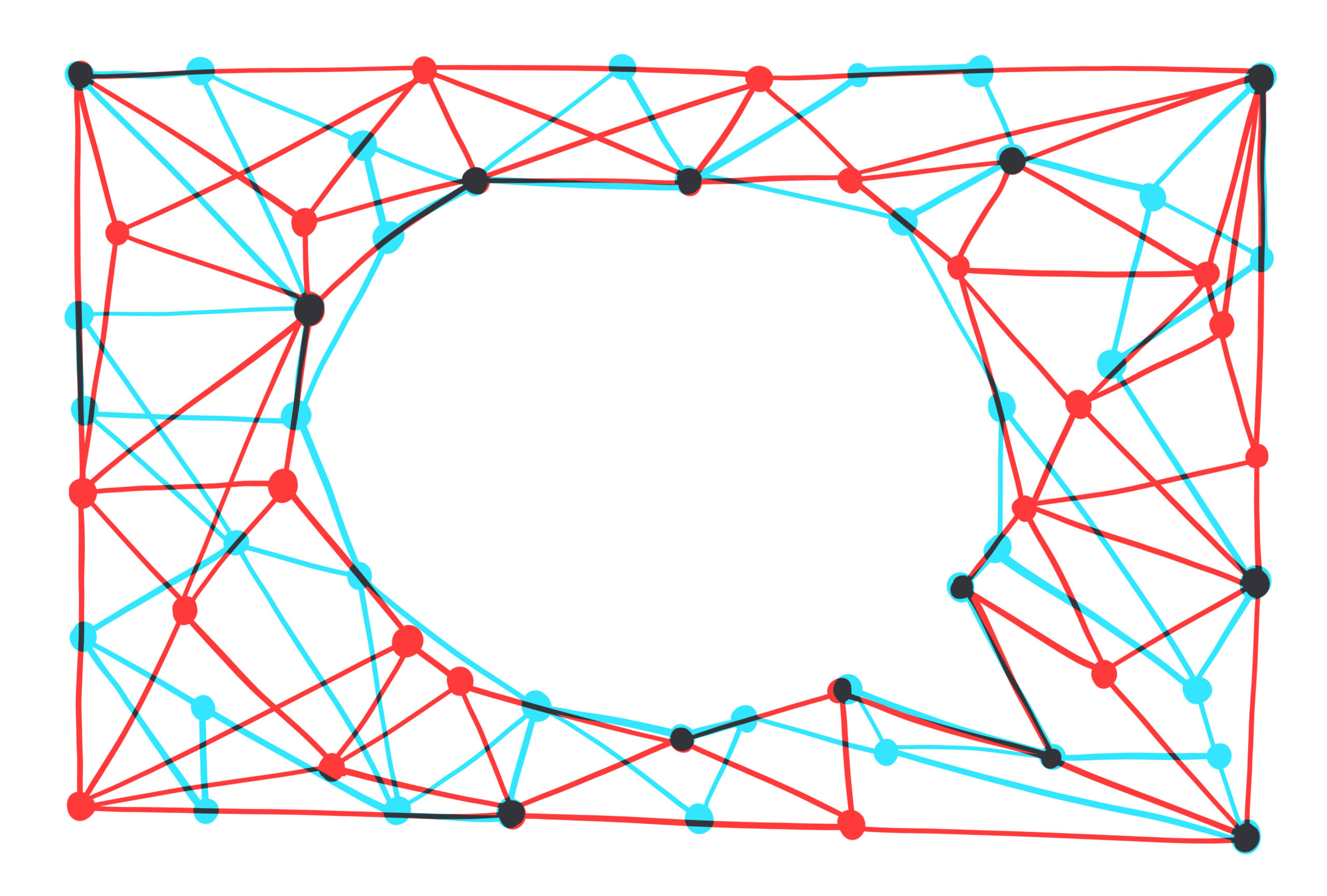Hello, and welcome to the Community Newsletter! I’m your host, Chelsey B. Coombs, Spectrum’s engagement editor.
The first study to spark online exchanges this week looked at the link between autism traits and post-traumatic stress disorder (PTSD) in adults aged 50 and older who scored high on a measure of autism traits.
Study investigator Gavin Stewart, a postdoctoral researcher at University College London in the United Kingdom, tweeted about the work, which used data from the PROTECT study, a survey of 20,000 adults in the U.K.
Our new #autism and #ageing paper now out, w/ open access. We looked at traumatic life experiences (in childhood and adulthood) and current mental health problems, including PTSD symptoms, in adults age 50+. With @HappeLab @GoldAgeLabUK and @ProtectStudy https://t.co/2v0iDpCiYV
— Dr Gavin R. Stewart (@gavrobstew) December 23, 2021
Based on five questions, 251 participants from that cohort met the criteria for autism traits. Compared with matched controls without autism traits, those in the autism traits group were more likely to have experienced trauma and its negative effects, echoing previous findings in younger autistic people.
The authors concluded that people with more autism traits should have greater access to mental health support to prevent trauma-related conditions such as PTSD, depression and anxiety.
Brittany N. Hand, assistant professor of health and rehabilitation sciences at Ohio State University in Columbus, asked Stewart whether the people with autism traits had disclosed their diagnostic status.
I’m curious whether you asked participants if they were autistic (either self- or formally-diagnosed)?
— Brittany N. Hand (@BN_Hand) December 23, 2021
Few people said they had been formally diagnosed, Stewart replied, but the PROTECT study has tried to recruit more people with an autism diagnosis.
Sorry, that’s meant to be <50. Work has been done to recruit more autistic people (diagnosed and self-IDed) into PROTECT recently, so hopefully that number will considerably grow with time.
— Dr Gavin R. Stewart (@gavrobstew) December 23, 2021
Roland Zahn, a reader at King’s College London in the U.K., tweeted about the importance of the findings for clinicians.
great work, clinically really important to be aware of this
— Roland Zahn (@roland_zahn) December 23, 2021
The next paper that garnered a lot of attention on Twitter is an editorial examining the impact that child psychiatrist Sir Michael Rutter had on science and society. Rutter, whose work helped show that genetics plays a large role in autism, died 23 October at age 88.
New #FreeAccess @TheJCPP Editorial ‘‘The giant’s shoulders’: understanding Michael Rutter’s impact on #science and #society‘ by Professor Edmund Sonuga-Barke, @PascoFearon, & Professor Stephen Scott. https://t.co/oWa99WfT7Y
Please share. @GMilavic @edst0026 @Tamsin_J_Ford— Journal of Child Psychology and Psychiatry (@TheJCPP) January 5, 2022
The piece highlights Rutter’s commitment to using scientific data to challenge others — for example, he debunked the ‘refrigerator mother’ theory that attempted to link autism to having an emotionally unavailable mother.
“Although he never agitated for it politically or even stated it as a goal explicitly, Mike’s work was motivated by a desire for social reform and created the scientific catalyst for such reform to occur,” the editorial’s authors, all his former colleagues, wrote.
Tony Charman, professor of clinical child psychology at King’s College London, tweeted that it was a “balanced and insightful tribute.”
Wonderful balanced and insightful tribute to Mike Rutter from ESB @PascoFearon and SS in @TheJCPP Editorial: ‘The giant’s shoulders’: understanding Michael Rutter’s impact on science and society https://t.co/nJLsNT0kI3
— Tony Charman (@TonyASDorAFC) January 2, 2022
Gordana Milavic, chair of the Association for Child and Adolescent Mental Health and a consultant psychiatrist at Maudsley Hospital in London, tweeted that it was a “must read!”
This excellent editorial addresses why Sir Michael Rutter’s legacy will continue. His role in JCPP’s success was formative. It’s a must read! @RSMPsyc @TheBJPsych @RcpsychCAP @PascoFearon @DrElaineLockha1 @Derektracy1 @acamh https://t.co/jWzViQumAt
— Gordana Milavic (@GMilavic) January 5, 2022
Register for the next Spectrum webinar, featuring the co-chairs of the Lancet Commission: Tony Charman and Catherine Lord, distinguished professor of psychiatry and education at the University of California, Los Angeles. They will speak about the commission’s recommendations and the use of the term ‘profound autism’ to refer to autistic people with intellectual disability, limited communication abilities or both.
That’s it for this week’s Community Newsletter! If you have any suggestions for interesting social posts you saw in the autism research sphere, feel free to send an email to [email protected].





